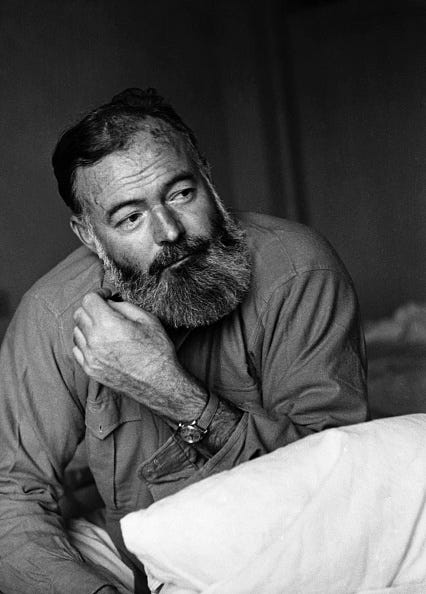The Writer's Almanac from Monday, July 8, 2013
"Request" by Lawrence Raab, from Visible Signs. © Penguin, 2003.
ORIGINAL TEXT AND AUDIO - 2013
It's the birthday of psychiatrist and writer Elisabeth Kübler-Ross, born in Zurich, Switzerland (1926). She went to medical school, where she got married to an American physician, and they moved to the United States. She did her internship and residency in psychiatry. She went to the University of Chicago and worked with terminally ill patients. Instead of pretending they were going to get better, she asked them to talk to her about death. She decided that other people needed to hear what they had to say, so she set up a forum where doctors, nurses, and medical students could come listen to terminally ill patients and ask them questions. Many outside people in the medical profession disapproved of her work — they thought it was indecent — but most patients were eager to talk. She used these conversations to write On Death and Dying (1969), which became a huge best-seller. In it, she outlined the five stages of grief, specifically when someone is diagnosed with a terminal illness: denial, anger, bargaining, depression, and acceptance. Her work also paved the way for hospice care.
It's the birthday of French psychologist Alfred Binet, born in Nice, France (1857). Early in his career, he followed other 19th-century psychologists in believing that intelligence could be gauged by taking measurements of the size of the cranium. But his own experiments over many years changed his mind and led him to look for another way to measure intelligence. In 1904, with a commission from France's minister of public education, he began to develop an intelligence test based on a series of short tasks — such as counting coins or ordering blocks from smallest to largest. Binet's intelligence test became the basis of what came to be known as the intelligence quotient, or IQ, test. In the United States, Binet's test was adapted to create the first national standardized test, the Stanford-Binet.
It was on this day in 1918 that Ernest Hemingway was wounded while serving as a Red Cross ambulance driver in World War I. The following January, Hemingway traveled back to his parents' home, still recuperating from his injury. He walked around with a cane, read everything he could get his hands on, and taught his sisters Italian swear words. He was a small-town war hero and often spoke at schools and social clubs about his experience in the war. He always passed around his bloodstained, shrapnel-torn trousers.
The wound he received would go on to become the central event of his novel A Farewell to Arms (1929), which he considered his best book, and his experiences in Italy appeared in many short stories as well. He later said, "In Italy, when I was at the war there ... my own small experiences gave me a touchstone by which I could tell whether stories were true or false and being wounded was a password."
Be well, do good work, and keep in touch.®
Cheerfulness by Garrison Keillor
In Cheerfulness, veteran radio host and author Garrison Keillor reflects on a simple virtue that can help us in this stressful and sometimes gloomy era. Drawing on personal anecdotes from his young adulthood into his eighties, Keillor sheds light on the immense good that can come from a deliberate work ethic and a buoyant demeanor.






Exceptionally good Almanac entry today. Fascinating people and their stories. Thank you!!!